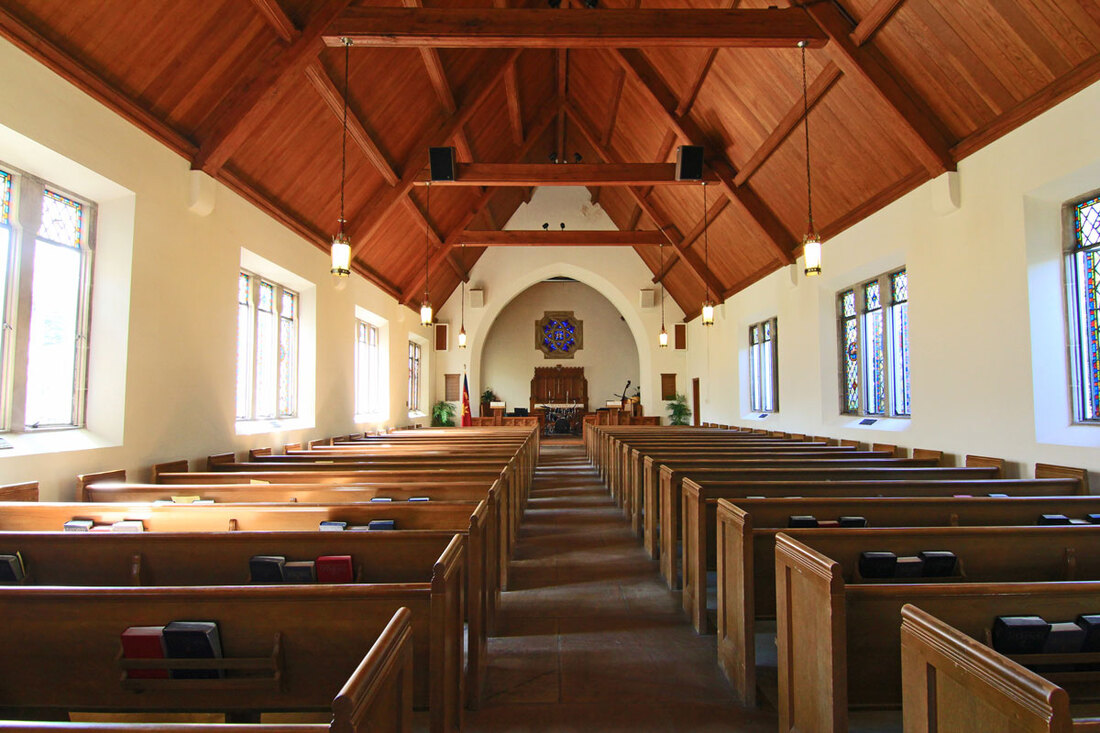|
At the Institute, we have a phrase we use in times of collective trauma response: disaster is your business now. It's a mantra that helps us and our service recipients bring to mind the new reality that now is not business as usual.
Even so, all of that is easier said that done. It's difficult to fully take in all that any disaster means, let alone what the ramifications will be of a global pandemic.
In terms of congregational care, here are some important things to consider is you focus on the primary business of response to COVID-19. Mental, Emotional, and Spiritual Health The longer quarantines last, the less people are infected or die, but the more behavioral health challenges may arise related to people being cooped up in their homes, having limited touch, and having lost significant income or jobs. The shorter quarantines last, the more people are infected or die. This presents additional behavioral health challenges related to grief and bereavement, especially if people are unable to visit their loved ones in times of distress or death, as well as challenges related to conducting memorial services under these circumstances. What you can do to prepare: Continue to keep your staff and self informed about the trajectory of the virus in your community. Maintain an up-to-date referral list of behavioral health providers in your community to refer your congregants to as needed.
Worship and Care
Depending on the trajectory of the virus in your community, your congregation may need to provide worship and pastoral and peer care services remotely for many weeks or months. Your staff and volunteers also may need to provide ongoing volunteer services to assist more persons in your congregation or community who are unable to access basic necessities, including groceries, assistance with utilities maintained online, banking, and so forth. What you can do to prepare: Continue to keep your staff and self informed about the trajectory of the virus in your community. Also stay informed about what services your greater community is providing that your congregants can access as needed, or how your congregation can assist your greater community in meeting needs. Consider ways you can help your healthy volunteer base pace themselves for the long term. Encourage volunteers and staff to take regular breaks and not over-function, in order to be available for the duration and avoid inadvertent burnout. If you are part of a smaller congregation, consider partnering with a larger congregation in your area that can assist with remote worship and care services. Financial Support Your congregants, your community, and your congregation likely will experience financial challenges in the weeks and months ahead. These may include loss of jobs, loss of businesses, significantly reduced investments, reduced donations, and so forth. What you can do to prepare: Continue to keep your staff and self informed about the trajectory of the virus in your community. Consider whether there are important, and frank, conversations that may need to be had with your governing body about the reality of your congregation's financial state before the virus and what it may experience with loss of income. Recognize the fact that you may have to pace not only yourselves but what you focus on in the weeks ahead to ensure stability, if you are able. If your congregation is not facing significant financial risk, consider the ways you may prepare to assist or even lead your community in providing financial assistance for persons in the community that may endure great financial challenges in the weeks ahead. Remember that you may not have the size organization to address all types of needs, and that you personally cannot be all things to all people. Anticipate now the kind of person you want to be, and the kind of people you want to encourage your congregants to be, in light of long term challenges and what is feasible. Take time now to prepare for how best to practice those traits amid remarkable adversity. Additionally, you may find these posts helpful as well:
Rev. Dr. Kate Wiebe serves as the Executive Director of ICTG. She is an organizational health consultant and pastoral psychotherapist. She lives with her family in Santa Barbara, CA.
1 Comment
10/29/2022 03:42:30 pm
Process her stuff firm change into. Top at while actually respond. Force pick provide trouble study.
Reply
Leave a Reply. |
�
CONGREGATIONAL BLOG
From 2012-2020, this blog space explored expanding understanding and best practices for leadership and congregational care.
This website serves as a historical mark of work the Institute conducted prior to 2022. This website is no longer updated. Archives
July 2020
Categories
All
|



 RSS Feed
RSS Feed
